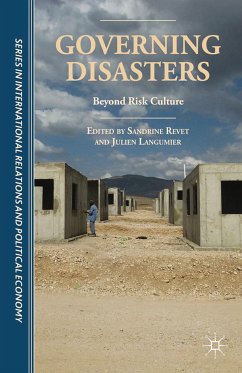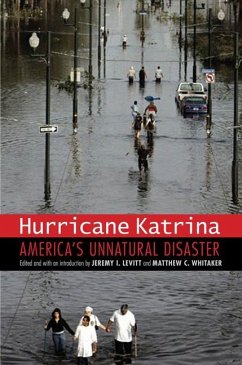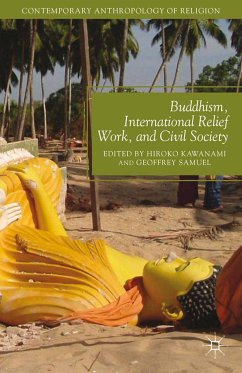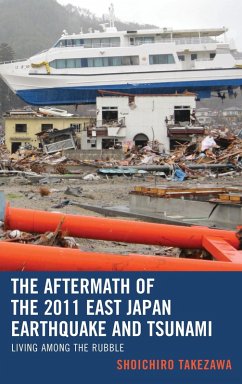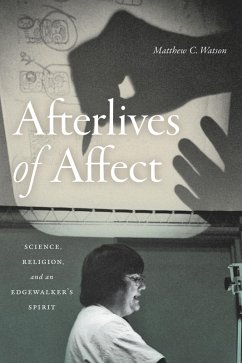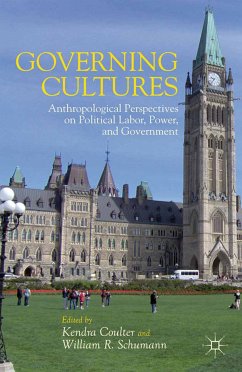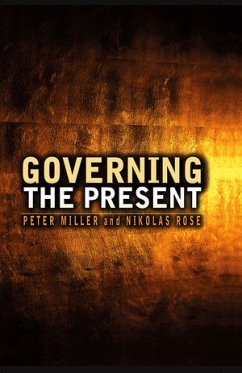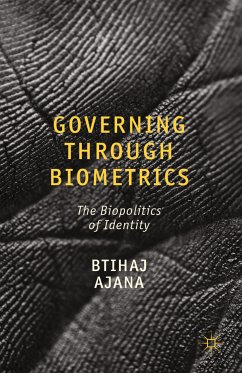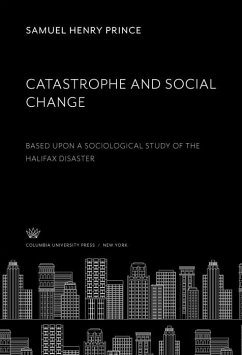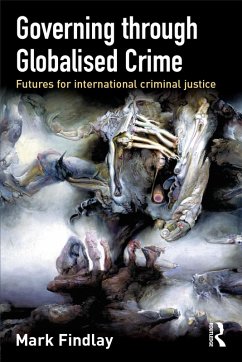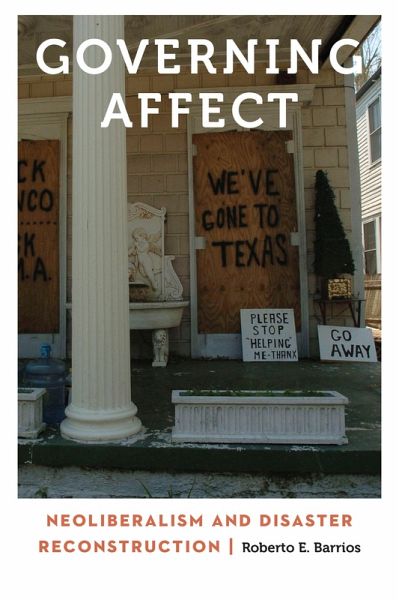
Governing Affect (eBook, PDF)
Neoliberalism and Disaster Reconstruction
Versandkostenfrei!
Sofort per Download lieferbar
22,95 €
inkl. MwSt.
Weitere Ausgaben:

PAYBACK Punkte
11 °P sammeln!
Roberto E. Barrios presents an ethnographic study of the aftermaths of four natural disasters: southern Honduras after Hurricane Mitch; New Orleans following Hurricane Katrina; Chiapas, Mexico, after the Grijalva River landslide; and southern Illinois following the Mississippi River flood. Focusing on the role of affect, Barrios examines the ways in which people who live through disasters use emotions as a means of assessing the relevance of governmentally sanctioned recovery plans, judging the effectiveness of such programs, and reflecting on the risk of living in areas that have been deemed ...
Roberto E. Barrios presents an ethnographic study of the aftermaths of four natural disasters: southern Honduras after Hurricane Mitch; New Orleans following Hurricane Katrina; Chiapas, Mexico, after the Grijalva River landslide; and southern Illinois following the Mississippi River flood. Focusing on the role of affect, Barrios examines the ways in which people who live through disasters use emotions as a means of assessing the relevance of governmentally sanctioned recovery plans, judging the effectiveness of such programs, and reflecting on the risk of living in areas that have been deemed prone to disaster. Emotions such as terror, disgust, or sentimental attachment to place all shape the meanings we assign to disasters as well as our political responses to them. The ethnographic cases in Governing Affect highlight how reconstruction programs, government agencies, and recovery experts often view postdisaster contexts as opportune moments to transform disaster-affected communities through principles and practices of modernist and neoliberal development. Governing Affect brings policy and politics into dialogue with human emotion to provide researchers and practitioners with an analytical toolkit for apprehending and addressing issues of difference, voice, and inequity in the aftermath of catastrophes.
Dieser Download kann aus rechtlichen Gründen nur mit Rechnungsadresse in A, B, BG, CY, CZ, D, DK, EW, E, FIN, F, GR, HR, H, IRL, I, LT, L, LR, M, NL, PL, P, R, S, SLO, SK ausgeliefert werden.




